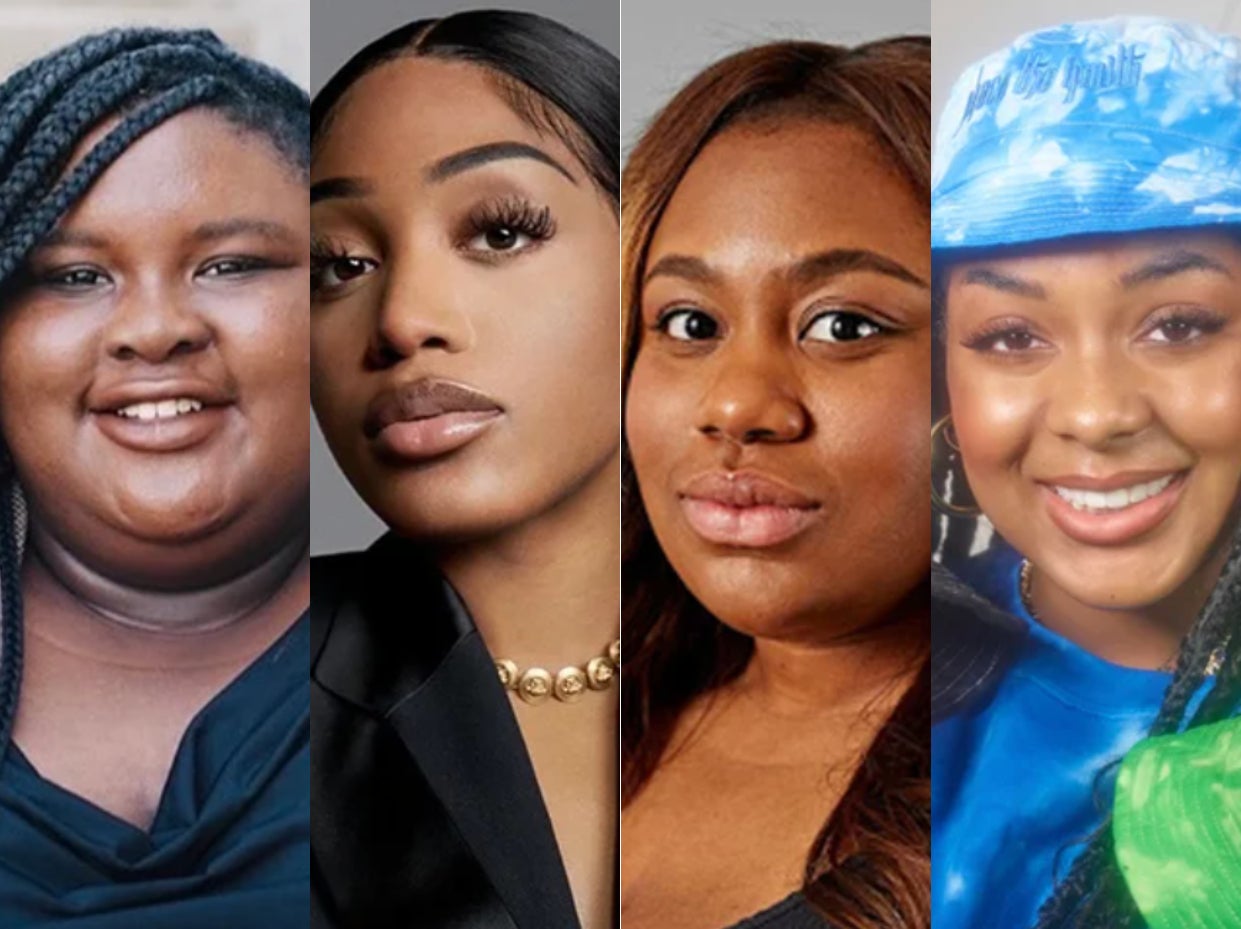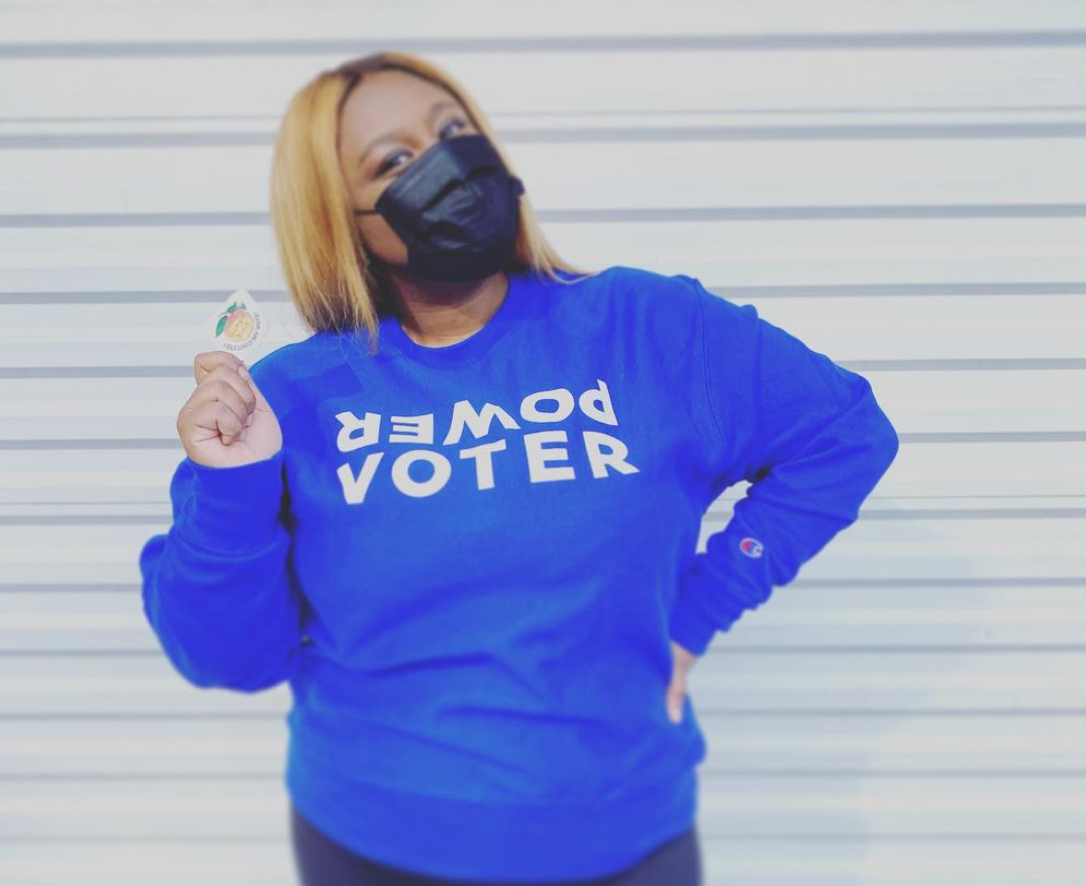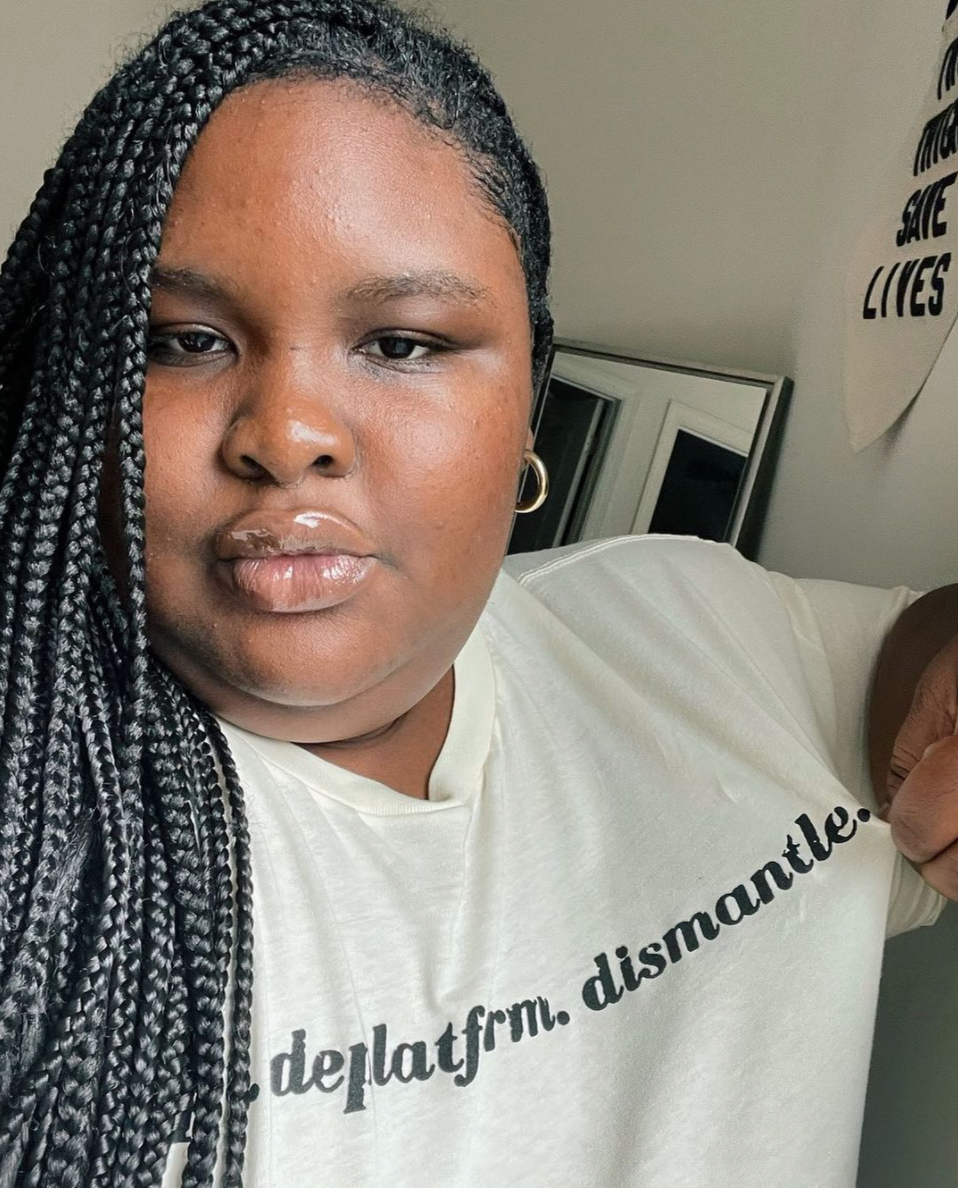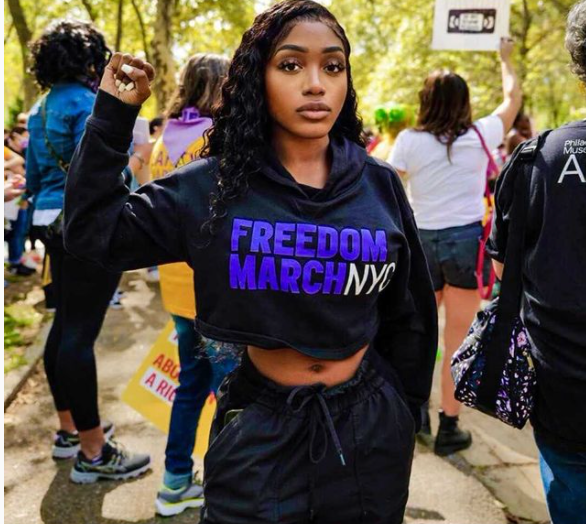Gen Z is no longer waiting for the revolution to be televised, they’re taking it to the streets and right to the front doorsteps of political officials. When your favorite social activists of today aren’t out making change happen, they’re bringing it to your timelines and social media feeds to keep you updated in real time.
So, how is social media helping to promote activism in this generation? At the 2021 ESSENCE GU Summit, three fearless young women sat down to talk about their causes, passions, and how you can join the movements right from your phone.

During the powerful exchange helmed by Girls United Co-Founder Sophia Dennis, Community Organizer Chelsea Miller, Program Strategist Mary Pat Hector, and Student Activist Zyahna Bryant shared what they’re currently advocating for and how digital media plays a role in their activism.
Each woman spoke about wanting better for our Black youth as it pertains to education, equity, and better resources for overall better life. Miller, who is also Co-Founder of Freedom March NYC, emphasized the importance of building awareness around racial climate change, what’s happening on a global scale, and the intersectionality of current issues. “The work never ends, it just takes on different forms,” she noted.
For Mary Pat Hector, equity is at the top of the priority list. “When I think about racial justice, I think about equity,” she said. “Especially as it relates to the collegiate space and the fact that the average Black student leaves college with at least $52,000 of debt. I also think about what that means for our community, as well as our basic rights to vote.”
Zyahna Bryant’s current focus is on voting rights and education equity, specifically pertaining to young Black girls. “We know that Black girls are disproportionately more likely to be suspended or expelled from school,” she said. “We see the inequities in higher education, so as a current college student who’s still trying to find her way as a First Gen student, I’m invested in making sure Black students have access to all of the opportunities to socially move up and have access to a better life.”
While the movement for change isn’t linear, there are several aspects of present-day activism that have been likened to the Civil Rights Movement of the 1950s and 1960s—one, being social media. However, the lines between social media activism and “influencing” can often become blurred.
To ensure that people aren’t being taken advantage of when wanting to create a movement, each of the ladies shared strong words of advice.
“We have to keep in mind that social media is a construct, designed and constantly updated by white men,” Chelse said. “These platforms were not invented without liberation and without social justice. A petition could have two million followers but could die in Congress. We’ve seen it happen all the time; the Justice In Policing act, prime example.”
“I think Black Square Tuesday really showed us how that works,” Zyahna added. “Everyone was excited to post their black squares; some people still have them up, surprisingly. But, we also saw those same people, when it was time to put out calls for mutual aid funds for Black trans women, they were silent. Or, when it was time to talk about how Black women are not fully supported, or how platforms use Blackness for comedic relief, they were silent. I have to remind myself that when we create our own platforms, we’re in control of them.”
Chelsea also addressed the trend of white influencers using social activism for clicks, followers, and sponsorships. “A lot of [real] organizers I know are terrible at social media because they’re too busy doing the work,” she said. “Black liberation is not for the consumption of white media.”
To support the movement, each panelist encouraged the audience to continue to listen to Black women and amplify their voices and platforms. In a call to action, Mary Pat encouraged everyone to sign the appeal for HBCU College Affordability to push Congress to make college free for both community college students and minority-serving institutions.
“I would also say that we see a lot of young people disengage from the political sphere, but we’re waiting for you,” she said, in closing “Every young person that is amazing that I see, I encourage them to run for office. We need young people to continue to shake things up and create a power shift.”
To hear this conversation in full, watch the video above. For more of everything you missed at the 2021 ESSENCE Girls United Summit, visit ESSENCE Studios.
—
The 2021 Girls United Summit is presented by CBS Original The Equalizer and sponsored by American Airlines and McDonald’s.


